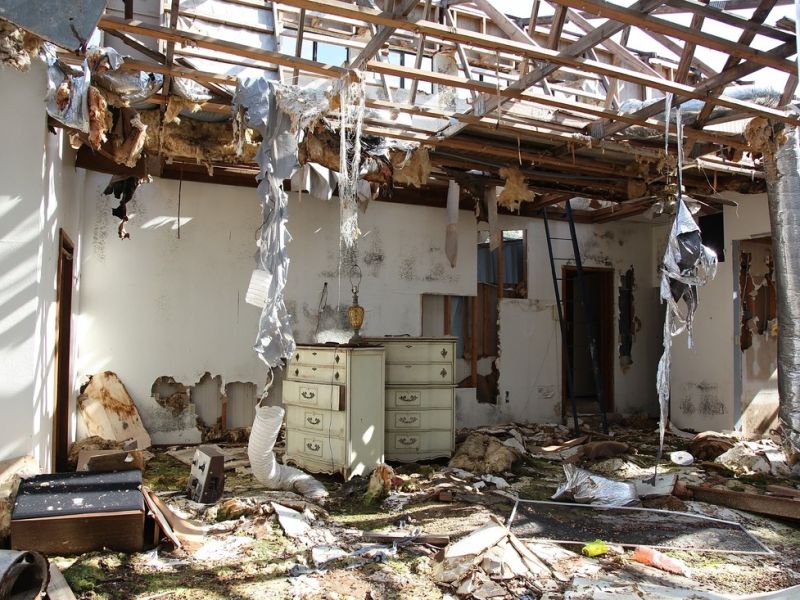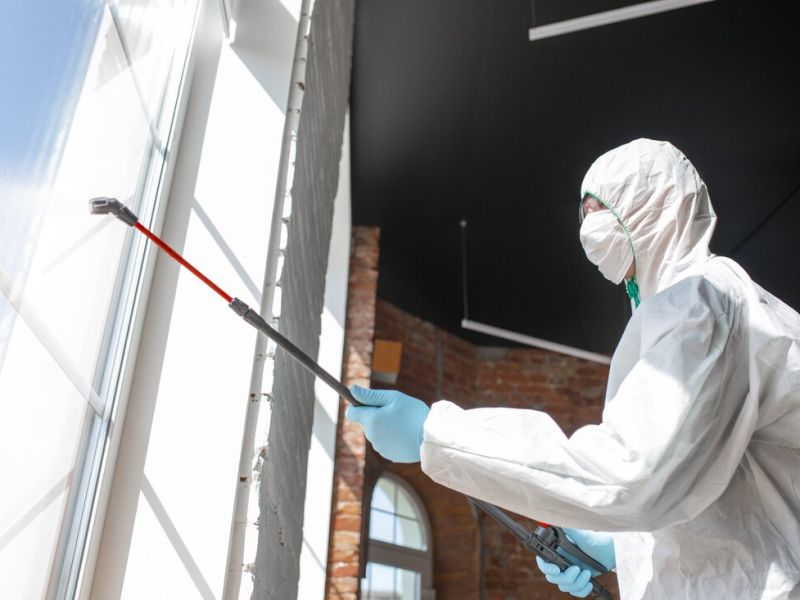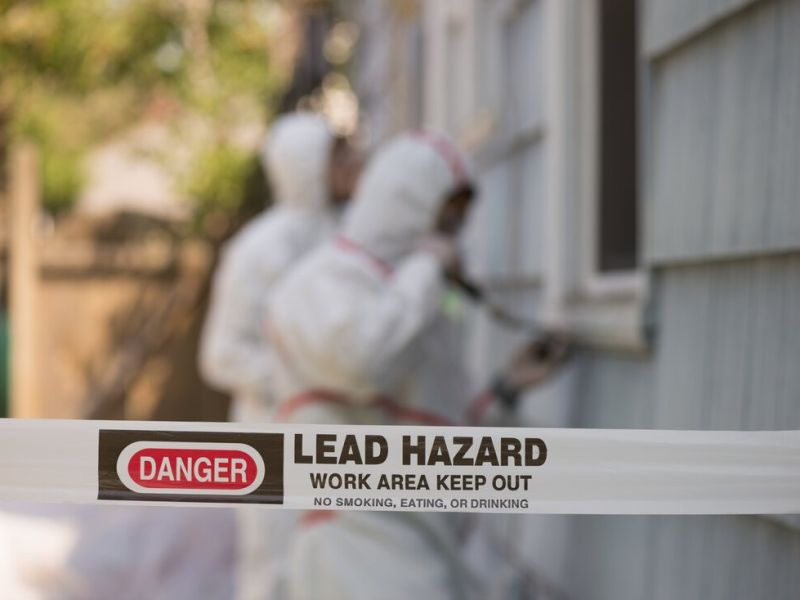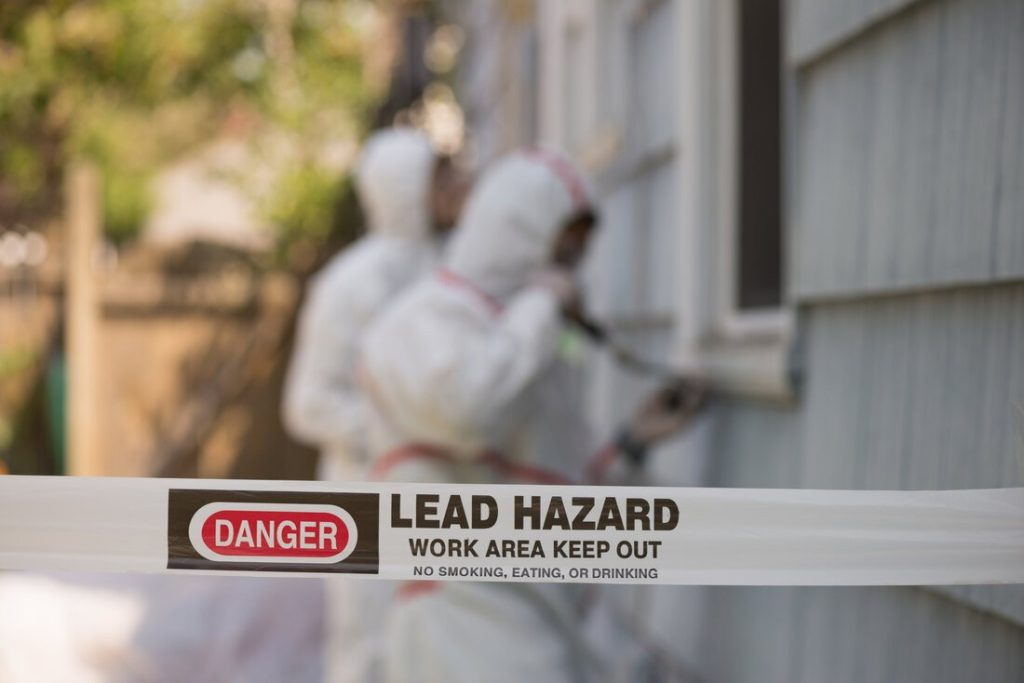
Dos and Don’ts of DIY Water Damage Cleanup
Water damage can occur in your home due to various reasons, such as burst pipes, leaking roofs, or flooding. When faced with water damage, it’s essential to address the situation promptly to prevent further damage and potential health hazards.
The Dos of DIY Water Damage Cleanup
1. Ensure safety first: Before starting any cleanup, turn off the electricity to the affected area to avoid electrical hazards. Additionally, wear protective gear such as gloves, goggles, and boots to protect yourself from potential contaminants.
2. Remove standing water: Use a wet/dry vacuum or mop to remove standing water from the affected area. Prompt removal of water helps prevent structural damage and reduces the risk of mold growth.
3. Dry the area: Use fans, dehumidifiers, and open windows to promote air circulation and expedite the drying process. Ensure proper ventilation to prevent the buildup of moisture, which can lead to mold growth.
4. Sanitize affected surfaces: Clean and disinfect all surfaces that came into contact with the water to eliminate bacteria, viruses, and potential contaminants. Use appropriate cleaning solutions recommended for water damage restoration.
5. Remove wet materials: Discard and replace porous materials that have absorbed water and cannot be adequately dried, such as carpet padding, insulation, and drywall. These materials can harbor mold and compromise the structural integrity of your home.
6. Monitor for mold: Keep a close eye on the affected area and surrounding areas for any signs of mold growth. If you notice any mold growth, it’s crucial to contact professionals for proper remediation.
The Don’ts of DIY Water Damage Cleanup
1. Do not delay: Time is of the essence when it comes to water damage cleanup. Delaying cleanup can lead to further damage, increased costs, and potential health hazards due to mold and mildew growth.
2. Avoid electrical hazards: Never enter an area with standing water if the electricity is still on. Always turn off the power before attempting any cleanup or restoration activities.
3. Do not use a regular vacuum: Regular household vacuums are not designed to handle water. Using them to extract water can result in damage to the vacuum and pose an electrical hazard. Utilize a wet/dry vacuum or contact professionals for water extraction.
4. Avoid spreading contaminants: Take care to minimize the spread of contaminants during cleanup. Use separate cleaning tools and dispose of contaminated materials properly to prevent cross-contamination.
5. Do not neglect hidden areas: Ensure thorough inspection and cleanup of hidden areas, such as behind walls or under flooring, to prevent hidden moisture pockets and potential mold growth.

Hiring Professionals for Water Damage Restoration
While DIY water damage cleanup can be suitable for minor incidents, it’s crucial to recognize the limitations and potential risks. In some cases, it may be necessary to hire professionals like Houston Restoration Group for water damage restoration.
Professionals have the expertise, specialized equipment, and knowledge to handle extensive water damage situations safely and effectively. They can identify hidden damage, provide comprehensive drying and dehumidification, and ensure proper mold remediation if necessary.
Additionally, professionals can work directly with insurance companies to facilitate the claims process and help maximize coverage for water damage restoration expenses.
Preventing Future Water Damage
Prevention is key when it comes to water damage. Taking proactive measures can help protect your home and minimize the risk of water damage in the future. Consider the following tips:
Regular maintenance:
- Check for and fix any plumbing leaks or issues promptly.
- Inspect your roof and gutters regularly to ensure proper drainage.
- Seal any cracks or gaps in your home’s foundation or walls.
- Regularly clean and maintain your HVAC system to prevent condensation and water buildup.
Install precautionary measures:
- Install a sump pump in your basement or crawl space to prevent flooding.
- Use water leak detection devices that can alert you to potential issues.
- Consider installing a water sensor and automatic shut-off valve for your main water supply.
Proper insulation:
- Ensure your home is adequately insulated, especially in areas prone to freezing temperatures.
- Insulate pipes to prevent them from freezing and bursting.
- Insulate your attic to prevent ice dams and roof leaks.

By implementing these preventive measures, you can significantly reduce the risk of water damage in your home.
FAQs about Water Damage Cleanup and Restoration
Q: How soon should water damage cleanup begin?
A: Water damage cleanup should begin as soon as possible to mitigate further damage and prevent mold growth. Prompt action can help minimize the overall cost of restoration.
Q: Can I handle water damage cleanup on my own?
A: Minor water damage cleanup can be done on your own if you have the necessary equipment and knowledge. However, for extensive damage and potential health hazards, it’s advisable to hire professionals like Houston Restoration Group for proper restoration.
Important Facts and Statistics about Water Damage and Restoration
Understanding the facts and statistics about water damage can highlight the significance of prompt action and the importance of prevention:
- 10% of households waste over 90 gallons of water each day through minor leaks and drips.
- Fixing these drips can represent an average of 10% savings on your water bill.
- Homes in the United States leak over one trillion gallons of water every year.
- The typical price range for water damage restoration is between $1,240 and $5,342.
- Every year, numerous water damage claims are made by homeowners.
These facts emphasize the need for proactive measures and the potential consequences of neglecting water damage prevention and restoration.
If you’re in need of professional water damage restoration services, contact Houston Restoration Group at 281-519-7318 or visit https://houstonrestorationgroup.com for more information.

